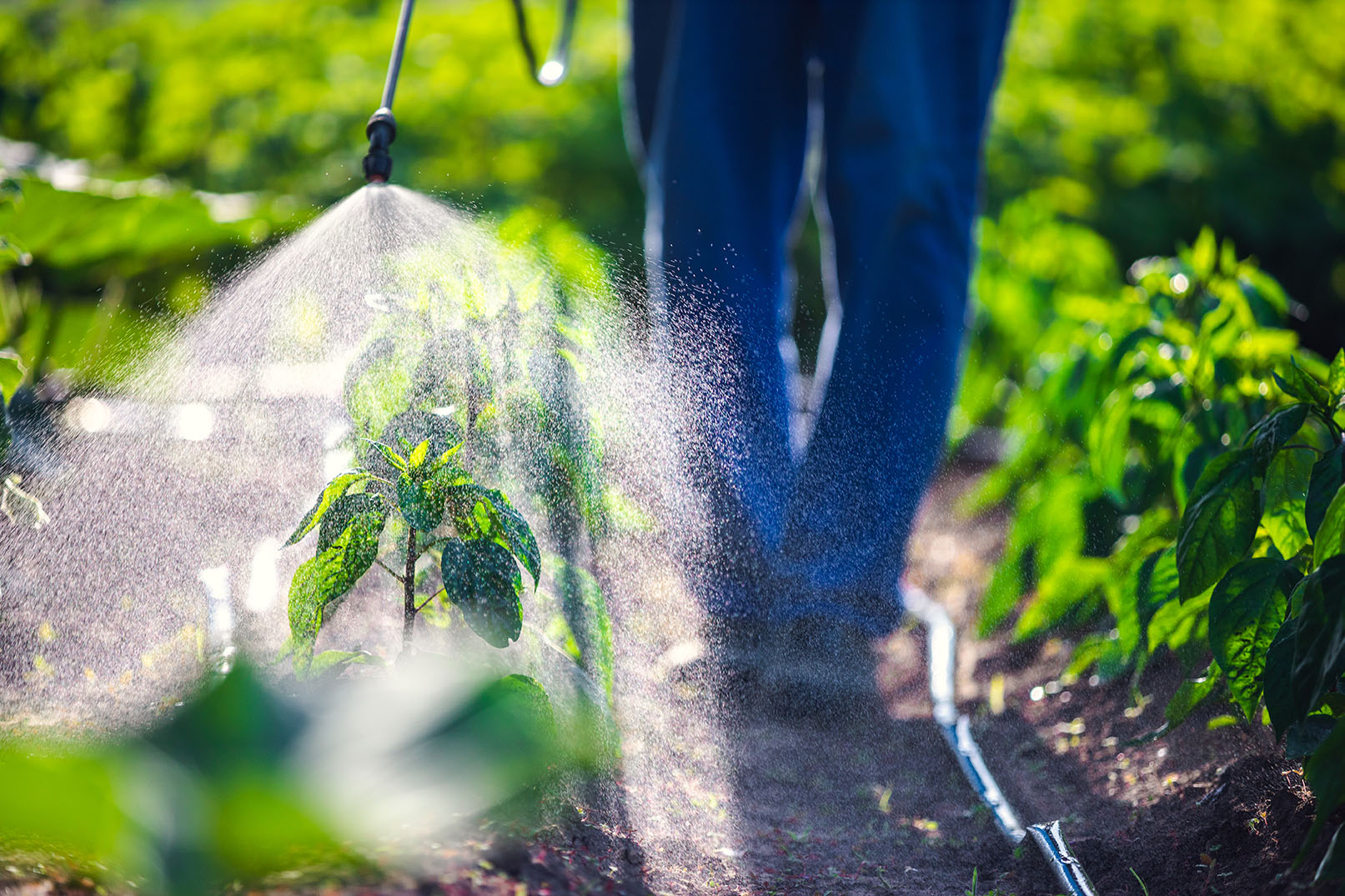

Fertile is a term that is used to describe something that is able to produce offspring. In biology, fertility is often used to describe the ability of an organism to reproduce.
There are many different factors that can affect fertility, including age, health, and environment. For example, older organisms are typically less fertile than younger organisms. Organisms that are sick or injured are also less fertile.
In addition to biological factors, fertility can also be affected by social and cultural factors. For example, in some cultures, it is considered taboo for women to have children after a certain age. This can lead to lower fertility rates in these cultures.
Fertility is an important concept in biology and ecology. It is essential for the survival of a species. By understanding the factors that affect fertility, scientists can help to conserve endangered species and ensure the future of life on Earth.
This is because fertile soil is capable of producing a lot of crops, and fertile minds are capable of producing a lot of ideas.

Adjective: fertile, fecund, prolific, productive.
Noun: fertility, fecundity.
Verb: to fertilize.
The word "fertile" comes from the Latin word fertilis, which means "fruitful". It was first used in English in the 14th century, and it is still used today to refer to something that is capable of producing offspring or crops.
What does fertile mean?
Question:
Explain the concept of soil fertility and its importance in agricultural productivity. Describe the factors that contribute to soil fertility and how farmers can maintain or improve soil fertility for sustainable crop production. Provide real-life examples of agricultural practices that promote soil fertility.
Answer:
Soil fertility refers to the ability of soil to provide essential nutrients and favourable conditions for plant growth. It plays a critical role in agricultural productivity and sustainable crop production. Factors contributing to soil fertility include the presence of organic matter, nutrient content, soil structure, and pH levels.
To maintain or improve soil fertility, farmers can adopt various practices. Crop rotation helps reduce nutrient depletion and control pests and diseases. Adding organic matter, such as compost or animal manure, enhances soil structure and nutrient content. Using cover crops can prevent erosion and add nutrients to the soil when incorporated.
For example, a farmer practising no-till farming in which crops are grown without ploughing can improve soil fertility by minimising soil disturbance, preserving organic matter, and reducing erosion.
In conclusion, understanding soil fertility and implementing sustainable practices are essential for ensuring long-term agricultural productivity and preserving the health of our soils for future generations.
Address
Developing Experts Limited
Exchange Street Buildings
35-37 Exchange Street
Norwich
NR2 1DP
UK
Phone
01603 273515
Email
hello@developingexperts.com
Copyright 2025 Developing Experts, All rights reserved.